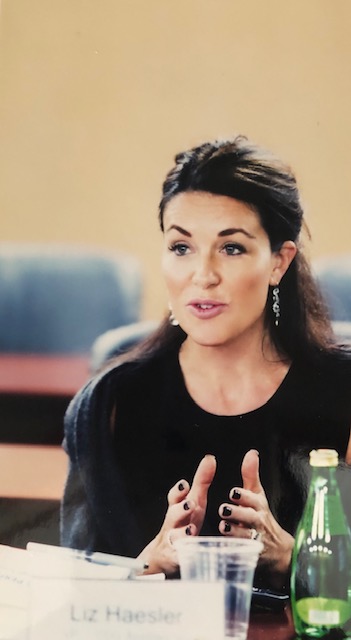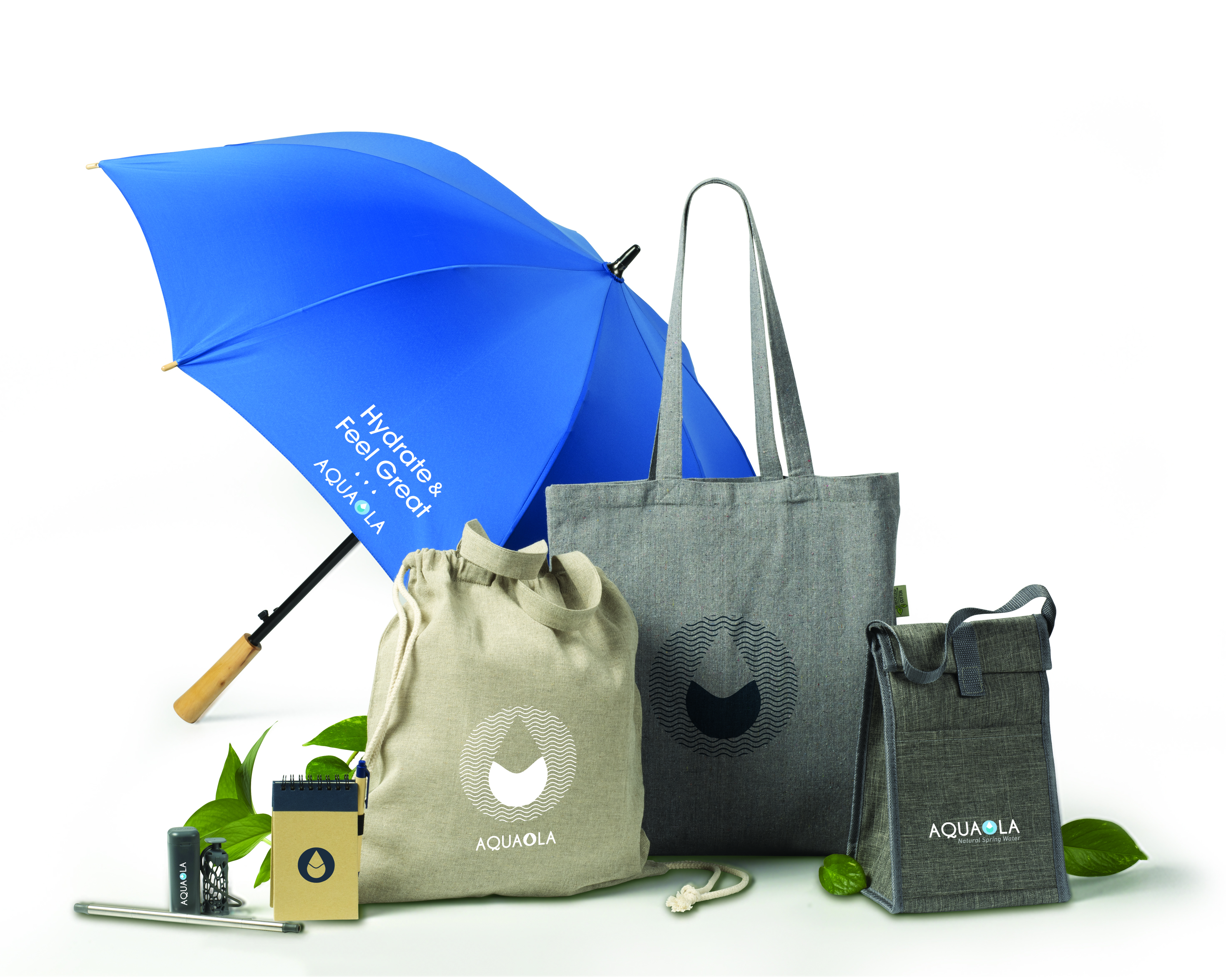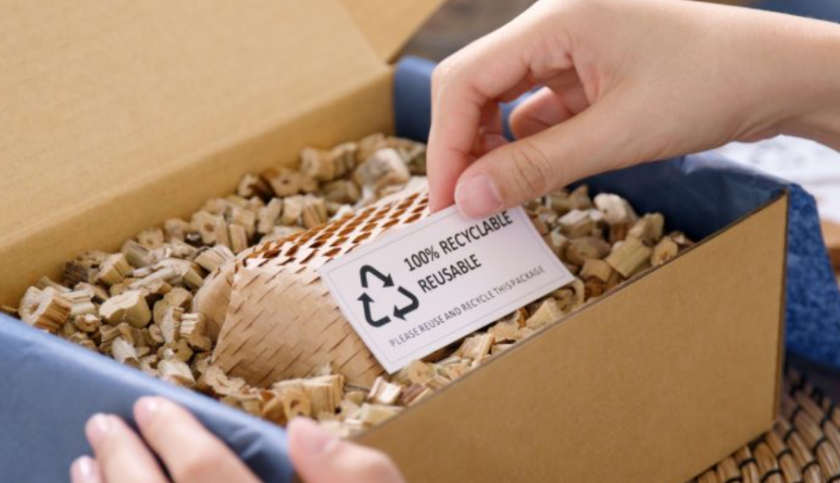
Of the many notable statistics in PPAI’s 2019 Consumer Study, here’s one that really stands out: The percentage of consumers who value sustainability consistently rises with each successive generation. Just 8 percent of boomers and 10 percent of Gen Xers said they care about sustainable promotional products, but the number jumps to 16 percent for millennials and 19 percent for Gen Z. That’s nearly one-fifth of consumers age 24 and younger who count sustainability as a leading factor in their decision to keep a promotional product. The numbers support plenty of anecdotal evidence that sustainability is more than a passing trend.
But Liz Haesler already knew that. As global chief merchandising officer for Polyconcept North America (PCNA), it’s her job to know. Haesler leads PCNA’s overall strategy and implementation for product development, pricing, category management, sourcing—basically everything product-related. She saw the same trends in sustainability that PPAI’s study confirmed, and realized the untapped potential for a dedicated promotional products line that meets the emerging demand.
“Demand increased significantly in the past year or two—thanks, mostly, to increased visibility of the threat that plastic waste poses for our planet,” Haesler says. “The increased requests for eco-friendly products from our customers definitely mirror a cultural trend that celebrates environmental responsibility.”
Leed’s—one of PCNA’s four lines, along with Bullet, Trimark and Journalbooks—already had a number of sustainable products in its catalog. Ten years ago, it introduced a collection of bags made from recycled materials, gradually expanding into additional product categories. But as demand continued to grow, Haesler and her team at PCNA realized they had an opportunity to expand the product line, known as EcoSmart, with it.

The refreshed EcoSmart line, launched earlier this year, now features more than 50 products, including backpacks, totes, umbrellas, lunch box containers, journals, reusable straws and more. Some of the items are made from recycled PET, while others feature fabric straps recycled from textile manufacturing facilities. These are products and features consumers are increasingly asking for at retail—and, in fact, some items in the EcoSmart line are from Parkland, a retail company whose bags feature exterior fabrics made from 100 percent recycled water bottles.
“With demand so high, we knew we needed an extensive product assortment—everything from bags to journals and even umbrellas,” Haesler tells me. “Our product development team did a ton of great research on the types of available recycled materials. Then they took those materials and created products that are not only better for the planet, but also high-quality, durable and on-trend. We also included eco-friendly substitutes for stuff that’s normally thrown away after one use—things like plastic silverware, straws and grocery bags. We felt a responsibility to draw attention to the small steps we can all take to minimize our impact on the planet.”
What’s more, PCNA is partnering with 1% For The Planet to donate 1 percent of all EcoSmart product sales to environmental nonprofits. That move is in step with shifting consumer expectations, too, as numerous studies and surveys have shown that younger consumers prefer dealing with brands that actively support environmental and social causes. For Haesler, this was especially important.
“We firmly believe that positive change happens one small step at a time,” she says. “With EcoSmart, we’re giving distributors and their customers real, tangible ways to make a difference—whether they’re selecting products for corporate sustainability programs, reinforcing eco-friendly brands or simply making a better choice for the planet. Sometimes, it’s as simple as providing really cool, high-quality products that users would be eager to substitute for ‘disposable’ and single-use items. Even that is a step in the right direction.”


